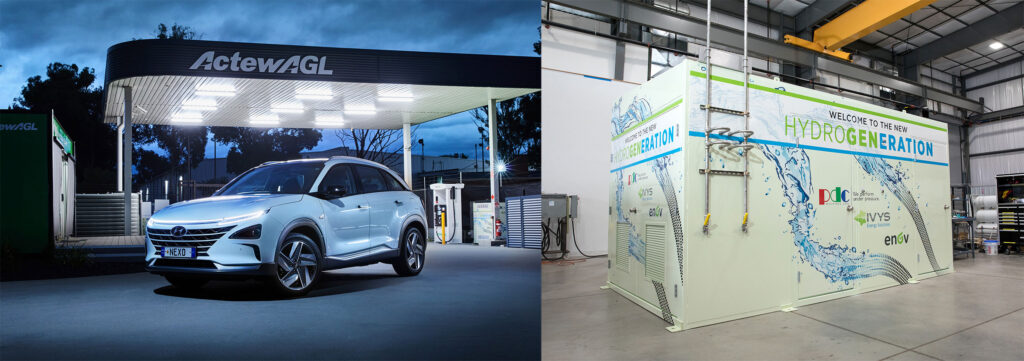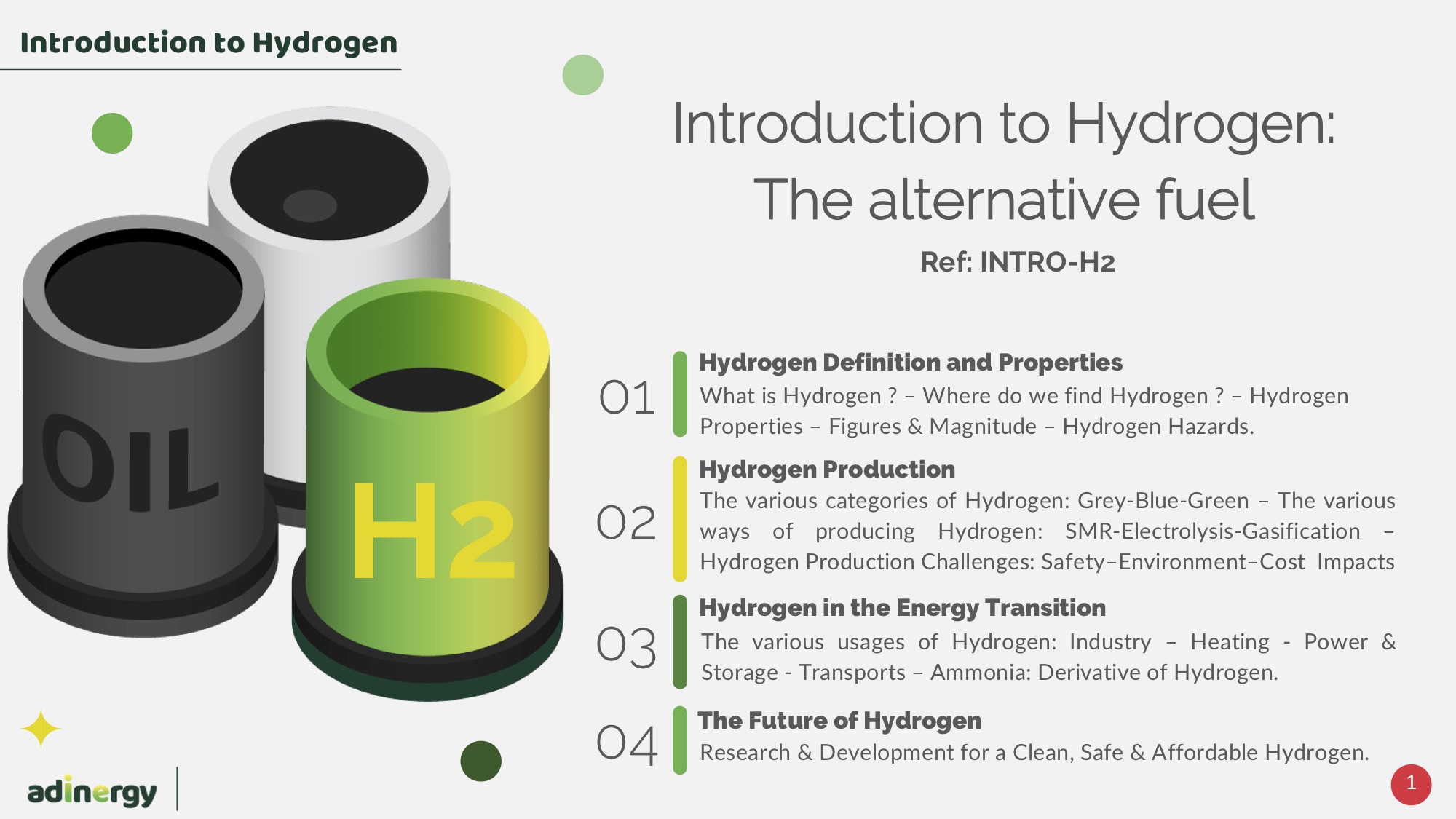
How to Make the Switch to Hydrogen Refueling Stations: A Comprehensive Guide
Makin' the switch to hydrogen refueling stations can be a daunting task. (But!) With this comprehensive guide, you'll be able to do it with ease! First off, you need to research the various costs associated with setting up a hydrogen refueling station. Figure out what kind of infrastructure is necessary and if any permits are required for operation. Additionally, consider how much time and money will be spent on construction and maintenance of the facility. Once these preparations have been made, it's time to start lookin' into purchasing fuel. You should compare prices between different suppliers in order to get the best deal possible. Also make sure that whatever supplier you choose offers sufficient delivery capacity to meet your needs—you don't want to run out of fuel during peak times! Now you're ready for installation! Make sure that each component is properly installed according to manufacturer instructions so that everything works correctly when put together. Furthermore, take precautions against potential hazards such as gas leaks or fires by having an emergency plan in place beforehand. Don't forget about safety equipment like fire extinguishers or emergency shut-off valves either! Next up:
read more
Considerations for Choosing the Right Hydrogen Fueling Station Manufacturer
Choosing the right hydrogen fueling station manufacturer is an important consideration. It can be difficult to know where to start! You need to be sure you're selecting a reliable and reputable company that produces quality products. One way to determine this is by (analyzing) their customer reviews and testimonials. You should also check out their history and background, as well as any certifications they may have awarded. Moreover, don't forget to inquire about their warranties and pricing options! Another thing to contemplate when making your decision is the experience of the company's staff and technicians. Make sure they are knowledgeable in all aspects of hydrogen fuel station production so that your project will be completed efficiently and safely. Additionally, ask if they offer on-site support should any issues arise during the installation process. Furthermore, consider whether or not the manufacturer has a good reputation for delivering products on time. This can mean the difference between meeting deadlines or being delayed with your project completion date! Don't forget to look at their safety standards too – you want to make sure everything meets industry regulations for optimal protection of both people and property.
read more
Standard Liquid Hydrogen Station
According to the intergovernmental panel on climate change (ipcc), it is almost certain that the unusually fast global warming is a direct result of human activity [ 1 ]. The resulting climate change is linked to significant environmental impacts that are connected to the disappearance of animal species [ 2 , 3 ], decreased agricultural yield [ 4 , 5 , 6 ], increasingly frequent extreme weather events [ 7 , 8 ], human migration [ 9 , 10 , 11 ], and conflicts [ 12 , 13 , 14 ]. To mitigate the progression of climate change, there is an increasing momentum to reduce the global emissions of greenhouse gases.
read more
Hydrogen Patents for a Clean Energy Future
The transportation research and connectivity pooled fund study, tpf-5(442), is a consortium of state dots and other partners that supports the coordinated development of transportation libraries as well as research organizations without dedicated libraries. Study focus areas include communication and networking, digitization, research report accessibility, and developing online resource guides and a toolkit for non-librarians. Hydrogen fuel cells offer an efficient and reliable source of power that plays a significant role in the clean energy economy of the future. While commonly associated with the transportation sector, this technology has many other applications, including backup power generation and warehouse logistics and distribution. This guide includes information from current hydrogen fuel cell research and guidance. GenFuel Onsite Fueling Options for Your Hydrogen Fuel Cell Vehicles Fuel cell automobiles use hydrogen gas to generate electricity which powers a motor. Unlike conventional vehicles which run on gasoline or diesel, the only tail pipe emissions from fuel cell cars are water. Fuel cell vehicles are electric vehicles (evs)—but unlike other evs, their range and refueling processes are comparable to conventional cars. Air products is the leader in the development of the hydrogen infrastructure that is required to fuel these new vehicles. We've developed a broad range of smartfuel® hydrogen supply
read more